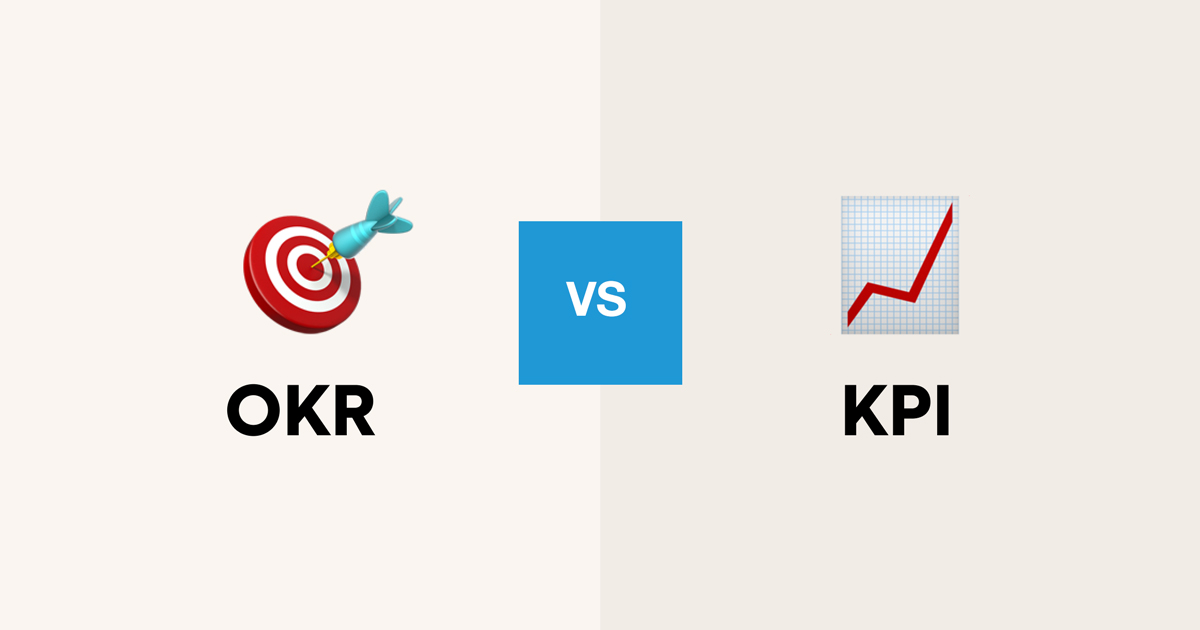OKRs and KPIs are two essential frameworks used by companies to measure performance and drive success. OKRs, or Objectives and Key Results, date back to the 1970s and involve setting specific goals and tracking progress with measurable results. On the other hand, KPIs, or Key Performance Indicators, are metrics that assess overall business performance.
Understanding the differences between OKRs and KPIs is crucial for businesses looking to optimize their performance. Whether you need both frameworks can depend on your organization’s needs, and that’s where a monday.com expert can be invaluable. Let’s dive deeper into what OKRs and KPIs are and how they can work together.
What Are KPIs?
KPIs, or Key Performance Indicators, are quantitative metrics that show how well a business, project, or team is performing. They provide a snapshot of past performance and are essential for tracking the effectiveness of ongoing activities. However, KPIs are limited in that they don’t provide direction or context—they simply measure how well something is working.
For instance, KPIs might include metrics like sales numbers, customer satisfaction scores, or website traffic. While these numbers are useful, they don’t tell you what to do next. This is where having monday.com experts on your team can help you integrate and interpret KPIs effectively within your project management tools.
What Are OKRs?
OKRs, or Objectives and Key Results, go beyond mere metrics. They’re a goal-setting framework that links strategic objectives to measurable outcomes. OKRs are forward-looking and focus on where you want to go and the impact you want to make. They provide a clear direction and are typically used at both organizational and team levels.
An Objective might be to “increase customer satisfaction,” with Key Results like “reduce response time to customer inquiries by 50%.” Unlike KPIs, which focus on past performance, OKRs help teams strive towards future goals. A monday.com expert can guide you through setting up OKRs in your project management system, ensuring that they align with your company’s strategic vision.
OKRs vs. KPIs: The Key Differences
The key difference between OKRs and KPIs is their focus. OKRs are about defining and achieving strategic goals, whereas KPIs are about measuring performance. OKRs push your company to make progress, while KPIs help you track whether you’ve met specific targets.
For example, in a dynamic organization, OKRs are often re-evaluated to stay aligned with market changes. KPIs, however, might be used consistently across multiple quarters to measure ongoing performance. A monday.com expert can help you navigate these differences, ensuring that both OKRs and KPIs are effectively integrated into your workflow.
How Can OKRs and KPIs Work Together?
The real power of OKRs and KPIs comes when they’re used together. OKRs provide the direction and drive for future growth, while KPIs offer a way to measure whether that growth is happening. For instance, if your company wants to improve its product uptime from 50% to 99%, that’s an OKR. The uptime percentage itself is a KPI. When you successfully achieve your OKR, the improved KPI can be tracked to maintain that success over time.
Working with a monday.com expert can ensure that your OKRs and KPIs are seamlessly integrated into your monday.com boards, allowing for real-time tracking and collaboration. This integration ensures that your team can monitor progress towards strategic goals while also keeping an eye on important performance metrics.
Why Is It Important to Measure Performance?
Measuring and reviewing performance through OKRs and KPIs is essential for continuous improvement. Without these frameworks, you miss out on critical insights that can help you refine strategies and achieve your goals more effectively. Performance metrics allow you to learn from both successes and setbacks, ultimately driving better decision-making and efficiency.
A monday.com expert can help you set up automated systems to track these metrics, providing you with the tools you need to make informed decisions and keep your team aligned with your strategic objectives.
Why Is It Important to Use Both OKRs and KPIs?
Using both OKRs and KPIs ensures a comprehensive approach to performance management. OKRs guide your strategic direction, helping you set and achieve ambitious goals, while KPIs provide the hard data needed to measure success. This dual approach ensures that you’re not only moving toward your objectives but also hitting critical performance benchmarks.
By consulting with monday.com experts, you can leverage both OKRs and KPIs effectively within your project management system, ensuring that your organization is both strategic and results-driven. This balanced approach is key to achieving sustained success in today’s competitive business environment.




